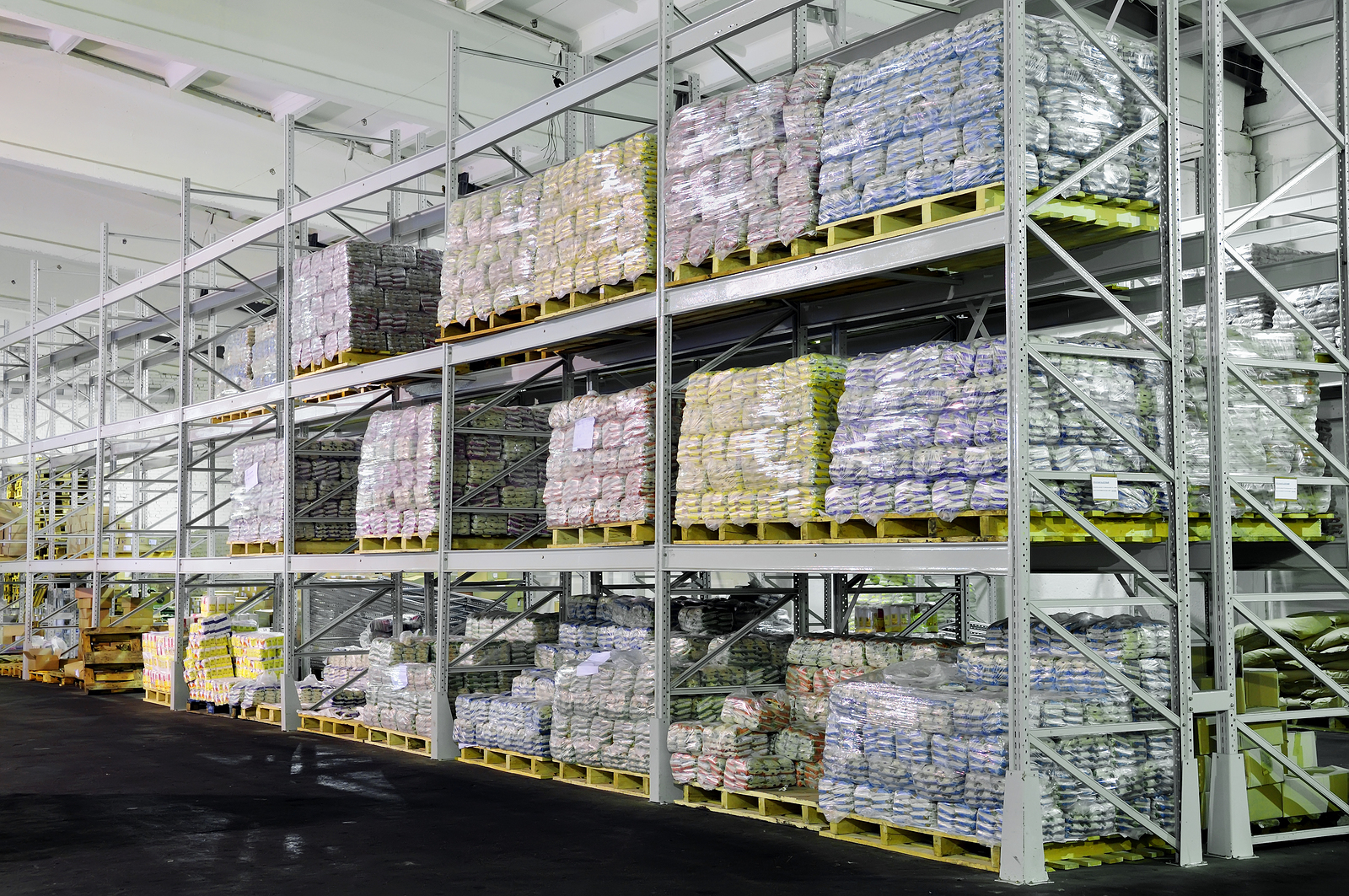Temperature-controlled warehousing is a critical component of Illinois’ logistics and supply chain management, particularly for industries that deal with perishable goods. In this blog, we will explore the significance of temperature-controlled warehousing in the Land of Lincoln, offering key statistics, educational insights, and a deeper understanding of its role in the state’s economy.
Key Statistics:
- Economic Impact: Temperature-controlled warehousing facilities in Illinois are a substantial contributor to the state’s economy. These warehouses encompass millions of square feet of storage space, serving a wide range of industries, including agriculture, food processing, pharmaceuticals, and more.
- Agricultural Hub: Illinois is renowned for its agricultural output, with crops like corn, soybeans, and various fruits and vegetables playing a significant role in the state’s economy. Temperature-controlled storage is crucial for preserving the quality of these products.
- Diverse Offerings: Illinois boasts an array of temperature-controlled storage facilities that can maintain different temperature ranges, from deep freezing to controlled cooling, ensuring that products remain fresh and safe.
Educational Insights:
- Cold Chain Management: Temperature-controlled warehousing is a vital part of the cold chain, a term that refers to the entire process of storing, transporting, and distributing temperature-sensitive products. These facilities are essential links in maintaining the quality and safety of goods as they move from producers to consumers.
- Cutting-Edge Technology: These warehouses utilize advanced technology to monitor and control temperature, humidity, and other environmental factors. Automation and IoT systems ensure that products are stored at optimal conditions throughout their tenure.
- Compliance and Safety: Temperature-controlled warehousing facilities in Illinois adhere to strict regulatory standards to ensure the safety and quality of stored goods. Compliance with the FDA, USDA, and other relevant agencies’ guidelines is a top priority.
The Significance of Temperature-Controlled Warehousing:
- Preserving Freshness: By maintaining the right temperature and humidity levels, temperature-controlled warehousing ensures the freshness and safety of food products, reducing the risk of spoilage and bacterial growth.
- Minimizing Food Waste: These facilities play a crucial role in minimizing food waste by extending the shelf life of perishable products. This, in turn, contributes to sustainability and environmental conservation efforts.
- Year-Round Availability: Temperature-controlled storage ensures that consumers have access to fresh produce and other goods throughout the year, mitigating the impact of seasonal variations and shortages.
Conclusion:
Temperature-controlled warehousing in Illinois is a linchpin of the state’s economy, safeguarding the quality and safety of perishable goods. Through state-of-the-art technology, stringent adherence to regulations, and dedication to maintaining the integrity of the cold chain, these facilities are the unsung heroes ensuring consumers have access to safe and fresh products.
Whether you are a business owner in need of temperature-controlled storage services or a consumer interested in the logistics of your daily


 Dave McGowan has been a member of the WEL Family since May 1989. He is a husband and father of two children. Dave is also a U.S. Army veteran and served in Vietnam in 1971-1972, and he attended driving school soon after he was released from the military in 1974.
Dave McGowan has been a member of the WEL Family since May 1989. He is a husband and father of two children. Dave is also a U.S. Army veteran and served in Vietnam in 1971-1972, and he attended driving school soon after he was released from the military in 1974. During his career with WEL, Phil has worked as a driver, dispatcher, terminal manager and customer service manager. He says he always was a driver first, though non-driving jobs taught him financial management that helps him as an owner-operator.
During his career with WEL, Phil has worked as a driver, dispatcher, terminal manager and customer service manager. He says he always was a driver first, though non-driving jobs taught him financial management that helps him as an owner-operator.